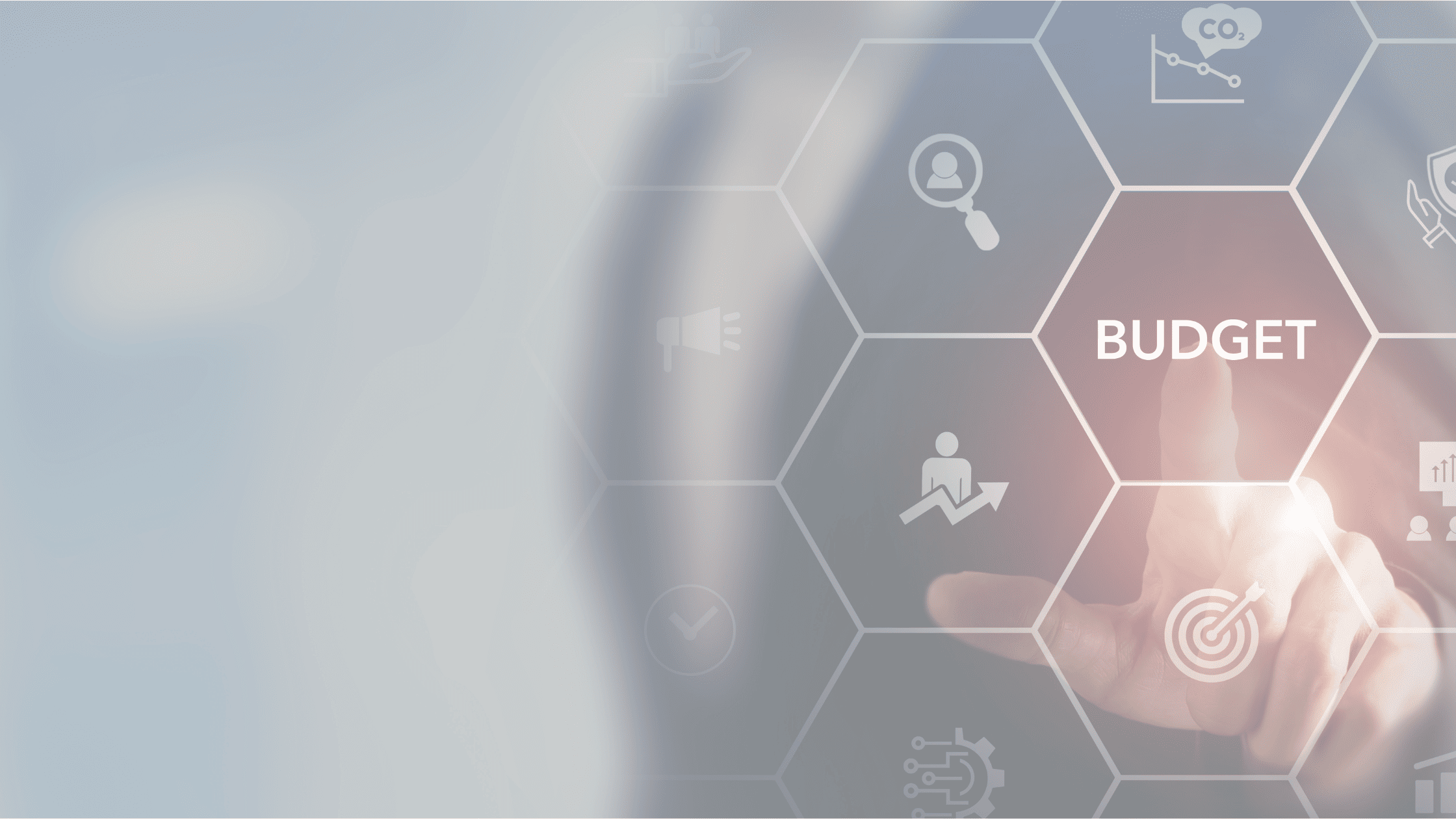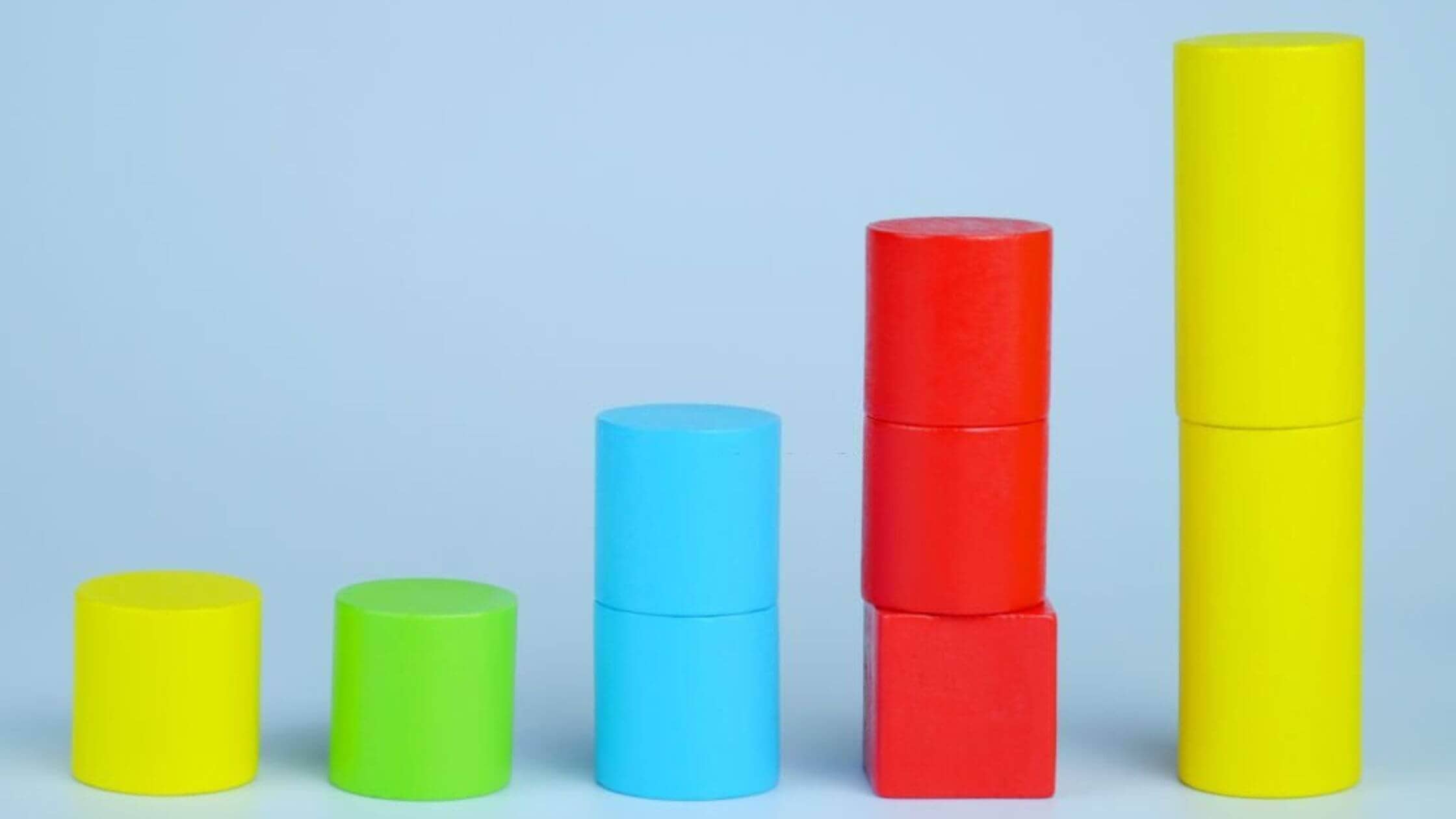

In the dynamic world of project management, maintaining your Project Management Professional (PMP) certification isn’t just about holding a title; it’s a commitment to continuous growth and adaptation in a rapidly evolving field. The PMP credential, governed by the Project Management Institute (PMI), stands as a testament to your skills, knowledge, and dedication to the profession. However, this prestigious certification isn’t something you earn once and hold indefinitely. It requires a periodic renewal, a process that ensures PMP-certified professionals remain at the cutting edge of project management practices and methodologies.
The process of PMP certification renewal centers around Professional Development Units (PDUs). PDUs are the building blocks of the renewal process, representing your ongoing engagement and learning in the field of project management. Earning these units is not just about fulfilling a requirement; it’s about actively participating in your professional development and staying ahead in an industry that is constantly advancing and changing. Whether it’s through attending workshops, participating in relevant training sessions, or contributing to the field, each PDU you earn is a step towards maintaining your status as a top-tier project management professional.
This guide is designed to take you through the PMP certification renewal process in a detailed and structured manner. We will explore the various avenues for earning PDUs, delve into the specifics of the renewal application, and discuss the importance of adhering to PMI’s high ethical standards. The aim is to provide you with a clear, comprehensive roadmap for not just meeting the renewal requirements, but also for leveraging this process as an opportunity for significant professional development and growth.
In the following sections, we will break down each component of the PMP renewal process. From understanding the nature of PDUs to navigating the submission process, this guide will equip you with all the necessary tools and knowledge to seamlessly renew your PMP certification and continue your journey as an exceptional project management professional.
PMP Certification Renewal Process
Renewing your Project Management Professional (PMP) certification is a crucial step in maintaining the validity and recognition of your expertise in the field of project management. This comprehensive guide aims to delineate the steps involved in the PMP certification renewal process, emphasizing the importance of aligning with the Project Management Institute’s (PMI) guidelines. The PMI, as the leading authority in project management, sets the standard for best practices in the industry. Adhering to their guidelines not only ensures compliance but also keeps you abreast of the latest developments and methodologies in project management.
The PMP certification renewal process is designed to encourage continuous professional development. It involves earning Professional Development Units (PDUs), which are essential to demonstrating your commitment to learning and staying updated in the field. This guide will provide a step-by-step outline of how to earn these PDUs, covering the diverse activities that qualify and the strategies for integrating them into your professional routine.
Staying updated with PMI’s guidelines is more than a requirement; it’s a professional duty. The world of project management is continually evolving, with new techniques, tools, and best practices emerging regularly. By staying informed and adhering to PMI’s standards, you ensure that your skills and knowledge remain relevant and that you are equipped to contribute effectively to your organization and the wider project management community.
This guide will not only navigate you through the tactical aspects of renewing your PMP certification but also inspire you to view this process as an opportunity for significant growth and learning. The journey of earning PDUs can be as enriching as it is educational, offering a chance to expand your horizons, network with peers, and stay engaged with the vibrant field of project management. As you embark on this path, remember that the pursuit of PDUs is more than meeting a requirement; it’s about embracing a mindset of continual improvement and professional excellence.
Earning 60 PDUs
Earning Professional Development Units (PDUs) is a cornerstone of the PMP certification renewal process, mandated by the Project Management Institute (PMI). This essential guide offers an in-depth exploration of the role PDUs play in sustaining the validity and relevance of your PMP certification. PDUs serve as a measure of your continued learning and professional development in the ever-evolving field of project management. They are not merely a requirement; they represent your ongoing dedication to excellence and adaptability in your profession.
To maintain your PMP certification, you are required to earn 60 PDUs over a three-year cycle. This guide will navigate you through the diverse activities that contribute towards accruing these vital units. The scope of these activities is broad, encompassing formal educational courses, interactive workshops, and even self-directed learning initiatives. Each of these avenues offers unique opportunities to enhance your project management skills, stay abreast of the latest industry trends, and network with fellow professionals.
Understanding the diversity of options available for earning PDUs is crucial. It enables you to tailor your learning journey to your personal and professional interests, thereby maximizing the value you derive from each activity. Whether you prefer the structured environment of formal coursework or the flexibility of self-led learning, there are abundant options to suit your style and schedule.
In response to the diverse needs of project management professionals, Brain Sensei presents an innovative solution with their 15, 30, and 60 PDU renewal packages. These packages are thoughtfully designed to offer a comprehensive, engaging, and convenient path to earning your required PDUs. With Brain Sensei, you gain access to a range of tailored learning materials that not only aid in fulfilling your PDU requirements but also enrich your professional knowledge and skills. Discover more about these offerings by visiting the Brain Sensei PDU courses page.
As we delve deeper into this guide, you will gain a clearer understanding of how to strategically earn and apply your PDUs, ensuring your PMP certification remains in good standing. The journey towards PMP certification renewal is an opportunity for growth, reflection, and professional advancement, and this guide aims to make that journey as informative and rewarding as possible.
Understanding Professional Development Units (PDUs)
Understanding Professional Development Units (PDUs) is a fundamental aspect of the PMP renewal process. PDUs are the building blocks of your continuous learning and development as a project management professional, ensuring you keep up with the evolving trends and best practices in the industry.
PDUs are divided into two main categories: Education and Giving Back. Education PDUs focus on your learning and growth in project management. They can be earned through various activities such as attending workshops, webinars, formal educational courses, or engaging in self-directed learning. The objective is to enhance your project management knowledge and skills, keeping you abreast of new developments in the field.
On the other hand, Giving Back PDUs are earned by contributing to the profession. This includes activities like volunteering in project management-related work, mentoring other professionals, or creating and sharing new project management knowledge. Giving Back PDUs allow you to apply your skills and expertise in practical settings, enriching the project management community.
A crucial aspect of the Education PDUs is the PMI Talent Triangle. This concept encompasses three skill areas: Ways of Working, Power Skills and Business Acumen. The Talent Triangle reflects the competencies PMI considers essential for a successful project manager in today’s complex business environment. For effective PMP renewal, you are required to earn PDUs across all these areas, ensuring a well-rounded development of your professional capabilities.
In conclusion, PDUs are not just a formal requirement for PMP renewal; they represent a commitment to your professional growth and the advancement of the project management profession. By understanding the types of PDUs and the significance of the PMI Talent Triangle, you can strategically plan your activities to not only meet the renewal requirements but also to enhance your career in the ever-changing landscape of project management. The talent triangle requirements can be a bit challenging to navigate, but there are some training companies that offer all-in-one packages of PDUs that meet the talent triangle requirements for renewal. Brain Sensei’s PDU Renewal Bundles are an inexpensive and quick way to earn what you need for renewal.
Renewal Application Submission
The process of submitting your PMP renewal application, a key step in maintaining your Project Management Professional certification, is methodical yet straightforward. This section of the guide offers a clear, step-by-step approach to this process, ensuring that you successfully renew your certification with the Project Management Institute (PMI). Here’s what you need to know:
- Accumulation of PDUs: The first step involves earning the required number of Professional Development Units (PDUs). Make sure you have accrued the necessary 60 PDUs over your certification cycle, which includes a blend of education and giving back activities.
- Documenting Your PDUs: Accurately log your PDUs in PMI’s Continuing Certification Requirements System (CCRS). This involves detailing the specific activities, dates, and provider information for each PDU claimed.
- Accessing the Renewal Application: Once you’ve logged your PDUs, access the renewal application through PMI’s website. Ensure you are logged into your PMI account, as this will streamline the process.
- Completing the Application: Fill in the required details in the renewal application. This typically involves confirming your personal information, detailing your professional development activities, and reaffirming your commitment to PMI’s Code of Ethics and Professional Conduct.
- Paying the Renewal Fee: Submit the renewal fee, which varies depending on whether you are a PMI member or non-member. This fee is essential to process your application.
- Review and Submission: Review your application for accuracy. Once satisfied, submit your application for processing.
- Awaiting Confirmation: After submission, wait for confirmation from PMI. This will usually be communicated via email, confirming the acceptance of your renewal application and the continuation of your PMP certification.
For detailed guidelines and up-to-date information, always refer to the official PMI website. PMI’s guidelines provide an authoritative source for the renewal process, ensuring that you are adhering to the current standards and requirements for maintaining your PMP credential.
By following these steps and referring to PMI’s guidelines, you can navigate the PMP renewal process with confidence and ease. Remember, the renewal of your PMP certification is not just a procedural task, but a reaffirmation of your commitment to professional excellence in the field of project management.
Reaffirming the PMI Code of Ethics
Reaffirming the PMI Code of Ethics is a fundamental aspect of the PMP renewal process. Adhering to these ethical standards is not merely a formality but a crucial part of maintaining the integrity and professionalism that the PMP certification represents. The PMI Code of Ethics and Professional Conduct sets the expectations for behavior and decision-making for project management professionals across the globe.
Understanding and committing to these ethical standards underscores the importance of responsibility, respect, fairness, and honesty in your professional practice. In the dynamic and often complex world of project management, ethical considerations play a pivotal role in decision-making processes, stakeholder interactions, and overall project success. Upholding these values ensures trust and reliability in your professional dealings, enhancing your reputation and the respect of your peers and clients.
The role of ethics in professional project management cannot be overstated. It forms the foundation upon which successful project management practices are built. Ethical conduct leads to better decision-making, fosters a positive work environment, and mitigates risks associated with legal and compliance issues. Moreover, it enhances the value you bring to your organization and the profession at large.
Adhering to the PMI Code of Ethics also involves a commitment to continuous improvement. It means staying aware of ethical challenges in the industry and developing strategies to address them proactively. As a PMP-certified professional, it’s your responsibility to lead by example, demonstrating ethical behavior in all your project management activities.
In the context of PMP renewal, reaffirming your commitment to the PMI Code of Ethics is more than a procedural step – it is a renewal of your pledge to uphold the highest standards of ethical conduct in your professional life. This commitment reflects your dedication to excellence in project management and your recognition of the significant role ethics plays in your career and the broader industry.
Paying the Renewal Fee
Paying the renewal fee is an essential step in the PMP certification renewal process. The fee structure is defined by the Project Management Institute (PMI) and varies depending on whether you are a PMI member or not. As of the latest information, the renewal fee for PMP certification is $60 for PMI members and $150 for non-members. This fee is a requisite part of the renewal application process and is paid online when you submit your renewal application.
It’s important to plan for this fee payment as part of your PMP renewal strategy. Members of PMI benefit from a significantly reduced rate, which underscores the value of maintaining your PMI membership. Additionally, keeping track of your certification cycle dates is crucial to avoid any last-minute complications. PMI allows you to submit your application and payment early, which can be a practical approach to ensure uninterrupted certification status. However, it’s important to note that submitting early does not change your cycle dates.
Receiving Confirmation from PMI
Receiving confirmation from the Project Management Institute (PMI) marks the final step in the PMP renewal process. This part of the process signifies that you have successfully met all the requirements for maintaining your PMP certification, including the accumulation of Professional Development Units (PDUs) and payment of the renewal fee. In terms of search engine optimization, this section targets the keyword “PMP renewal,” providing vital information for professionals looking to maintain their PMP status.
Once you have completed the renewal application and paid the necessary fees, PMI will process your submission. The confirmation from PMI typically arrives via email. This email will serve as your official notice that your renewal has been processed and approved. It’s important to ensure that your contact information, particularly your email address, is up to date in PMI’s records to receive this confirmation smoothly.
One of the highlights of this confirmation is the receipt of an updated digital badge. This badge serves as a digital representation of your PMP certification and can be used on your professional social media profiles, digital resumes, and email signatures. The badge not only showcases your achievement and ongoing commitment to professional development in project management but also enhances your professional credibility in the digital realm.
The digital badge provided by PMI is particularly valuable in the current digital-first professional environment, offering a verified, easily shareable way to showcase your credentials. The badge typically includes details about your certification and the validity period, ensuring that employers and peers are aware of your current certified status.
Receiving this confirmation solidifies your standing as a PMP credential holder in good standing with PMI. It is a testament to your dedication to maintaining the high standards of project management excellence and your commitment to continuous learning and improvement in the field.
Brain Sensei’s PDU Renewal Bundles
Towards the end of your PMI certification cycle, renewing your credential is crucial. Actually, there’s no need to wait until the end of your renewal cycle. You can earn PDUs anytime. In fact it’s best not to wait until the last minute.
Brain Sensei offers tailored PDU Renewal Bundles – 15, 30, and 60 PDU options – to meet your specific needs. These bundles are designed to provide everything you need for a quick and easy renewal of your PMI certification. They come with a single ready-to-submit PDU certificate, simplifying the renewal process. Moreover, these bundles are a cost-effective way to meet your professional development requirements while ensuring that you stay on top of the latest project management trends and techniques.
The Benefits of Choosing Brain Sensei for your PDU Needs
- User-Friendly Video Controls: Enjoy complete control over your learning experience with the ability to fast-forward, rewind, and pause.
- No Stress of Quizzes or Exams: Focus purely on learning without the pressure of assessments.
- Ready-to-Submit PDU Certificate: Receive a certificate upon completion for easy PMI submission.
- Step-by-Step PDU Submission Guide: A hassle-free guide to ensure your PDUs are submitted correctly.
- One-Year Unlimited Access: Dive into extensive project management knowledge at your pace, anytime, anywhere.
- Diverse Learning Materials: Engage with dynamic videos featuring real-world project examples across various industries.


